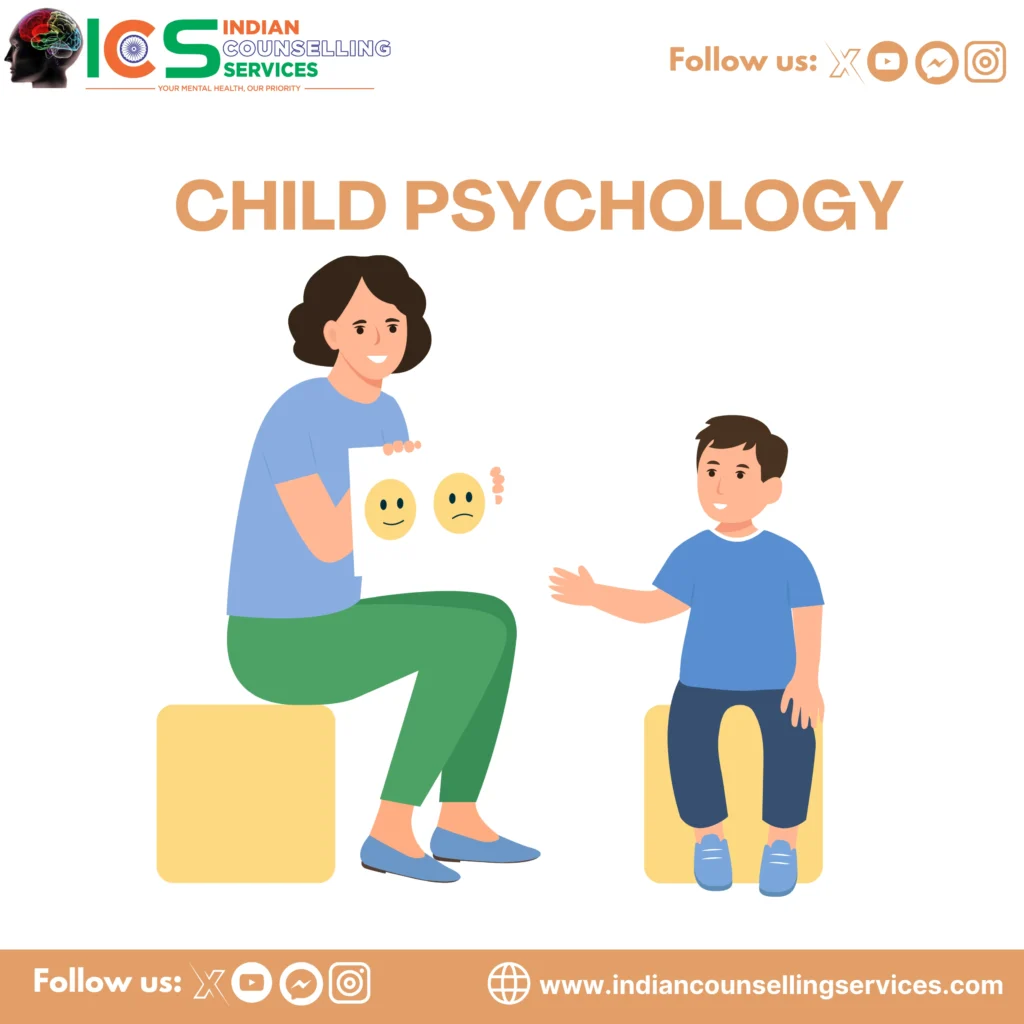
The Future of Parenting: How NLP Is Transforming Child Psychology Practices
In today’s rapidly changing world, parenting is undergoing a profound transformation, driven by advancements in technology. One of the most innovative developments in this realm is the integration of Natural Language Processing (NLP) into child psychology. This powerful tool not only reshapes therapeutic practices but also influences how we communicate with and understand our children’s emotional needs.
Natural Language Processing, a branch of artificial intelligence, focuses on enabling machines to understand and interpret human language. This capability allows for sophisticated analysis of text and spoken words, making it highly relevant in child psychology. By leveraging NLP, parents and therapists can enhance their communication with children, better identify emotional states, and provide tailored support.

NLP offers several transformative possibilities for child psychology practices:
Improved Communication: Effective dialogue is foundational in parent-child relationships. NLP tools can help parents interpret their child’s language, encompassing both verbal and non-verbal cues. This deeper understanding fosters meaningful interactions and encourages emotional development.
Emotional Insight: Children often find it challenging to express their feelings. NLP can aid therapists in deciphering a child’s emotional landscape by analyzing their language use. For example, specific word choices or metaphors can reveal underlying anxieties or distress, enabling more effective support.
Customized Therapeutic Approaches: The ability of NLP to analyze patterns in a child’s speech and behavior allows for personalized therapy strategies. By understanding individual communication styles, therapists can tailor interventions to better suit a child’s unique needs.
Tracking Developmental Progress: NLP can monitor changes in a child’s language over time, providing valuable insights into their emotional and psychological growth. This continuous feedback loop helps therapists adjust their methods to meet the evolving needs of the child.
Wider Access to Support: With the advancement of NLP technologies, psychological support can become more accessible. Online platforms can offer immediate resources and feedback, helping families who may not have access to traditional therapy options.
To illustrate the practical applications of NLP in child psychology, let’s explore a few real-world examples:
1. AI-Powered Virtual Therapists
Several organizations are developing AI-driven virtual therapists that utilize NLP to engage with children. These platforms can conduct conversations that help children articulate their feelings, providing support and coping strategies in a safe, accessible environment. For instance, a child experiencing school-related anxiety might converse with a virtual assistant that understands their concerns and offers practical advice.
2. Emotion Detection Software
NLP technologies can be combined with emotion recognition algorithms to analyze a child’s speech in real time. Applications can evaluate factors like tone and word choice, offering insights into emotional states. If a child consistently uses negative language or shows signs of distress, parents and professionals can take timely action to provide support.
3. Chatbots for Mental Health Support
Chatbots designed with NLP capabilities are increasingly used in educational settings and counseling services to offer on-demand emotional support to children. These chatbots can facilitate conversations that encourage children to express their emotions, while also providing coping techniques and helpful resources, thereby normalizing discussions around mental health.
4. Tools for Parent-Child Interaction
NLP technologies are also being developed to assist parents in understanding their children more effectively. For example, certain apps can analyze interactions between parents and children, pinpointing areas of emotional significance or miscommunication. Such tools empower parents to refine their communication strategies, fostering healthier emotional climates at home.
The integration of NLP into child psychology is reshaping parenting styles in several significant ways:
1. Cultivating Empathy and Understanding
As parents utilize NLP tools, they gain valuable insights into their children’s emotional needs, fostering greater empathy and understanding. This enhanced perspective encourages a parenting style that prioritizes emotional connection and validation.
2. Encouraging Proactive Parenting
With access to NLP insights, parents can adopt a proactive approach to their children’s emotional challenges. By identifying patterns in language and behavior early on, they can address potential issues before they escalate, offering timely support.
3. Enhancing Communication Skills
Through the use of NLP, parents can develop their own communication skills. By understanding the impact of their words and tones on their children’s emotional responses, parents can adapt their approaches to nurture healthier conversations, thereby modeling effective communication for their children.
Despite the promising benefits of NLP in child psychology, several challenges and ethical considerations must be addressed:
1. Privacy and Data Protection
As with any technology that collects sensitive data, privacy and security are paramount. It is crucial for parents and professionals to ensure that any platforms used adhere to strict data protection standards to safeguard children’s information.
2. Balancing Technology with Human Interaction
While NLP tools can be incredibly beneficial, they should not replace human connections. It is essential for parents and therapists to maintain personal, meaningful interactions with children to foster emotional bonds.
3. Ensuring Accessibility
Though NLP technologies have the potential to make mental health resources more available, there are still barriers that need to be addressed, particularly for underserved populations. Ensuring equitable access to these tools is critical for maximizing their positive impact.
As NLP technology continues to advance, its influence on parenting and child psychology is expected to grow. Here are some potential future developments to consider:
1. Enhanced AI Capabilities
As NLP algorithms improve, we can anticipate even more accurate emotion recognition and language analysis. This advancement will enable more effective and individualized therapeutic interventions, enhancing the support children receive.
2. Integration with Emerging Technologies
NLP may be combined with technologies like virtual reality (VR) to create immersive therapeutic experiences. These innovative solutions could help children navigate their emotions in a supportive and controlled environment.
3. Expansion of Educational Resources
The educational sector is likely to benefit from an influx of NLP-powered resources aimed at promoting emotional learning. Interactive apps that encourage emotional expression or adaptive learning platforms that respond to a child’s emotional state will become increasingly prevalent.
4. Growing Awareness and Acceptance
As awareness of the benefits of NLP in understanding and supporting children’s mental health grows, we can expect a cultural shift towards embracing technology as a valuable resource in parenting and education.
Conclusion
The future of parenting is increasingly intertwined with advancements in technology, particularly Natural Language Processing. By harnessing the capabilities of NLP, parents and professionals can gain deeper insights into their children’s emotional and psychological needs. Although challenges remain, the potential to create healthier, more supportive environments for children is significant. As we navigate these changes, it is crucial to balance technological innovations with empathy and human connection, ensuring that the future of parenting is nurturing and supportive for generations to come.

1 Comment
Diploma in Clinical Psychology: Your Step-by-Step Guide to Building a Rewarding Mental Health Career - indiancounsellingservices.in
November 5, 2024[…] Why Choose a Diploma in Clinical Psychology? […]